Analyses

Charting a course through the labyrinth of externalisation
“Migration is a European challenge which requires a European response” has become a favoured refrain of EU officials and communiques. While the slogan is supposed to reinforce the need for a unified EU migration policy, it also masks the reality of the situation. The EU’s response to migration – in particular, irregular migration – is increasingly dependent on non-EU, and non-European states. Billions of euros and huge diplomatic efforts have been expended over the last three decades to rope non-EU states into this migration control agenda, and the process of externalisation is accelerating and expanding. Understanding the institutions and agencies involved is a crucial first step for anyone working for humane EU asylum and migration policies.
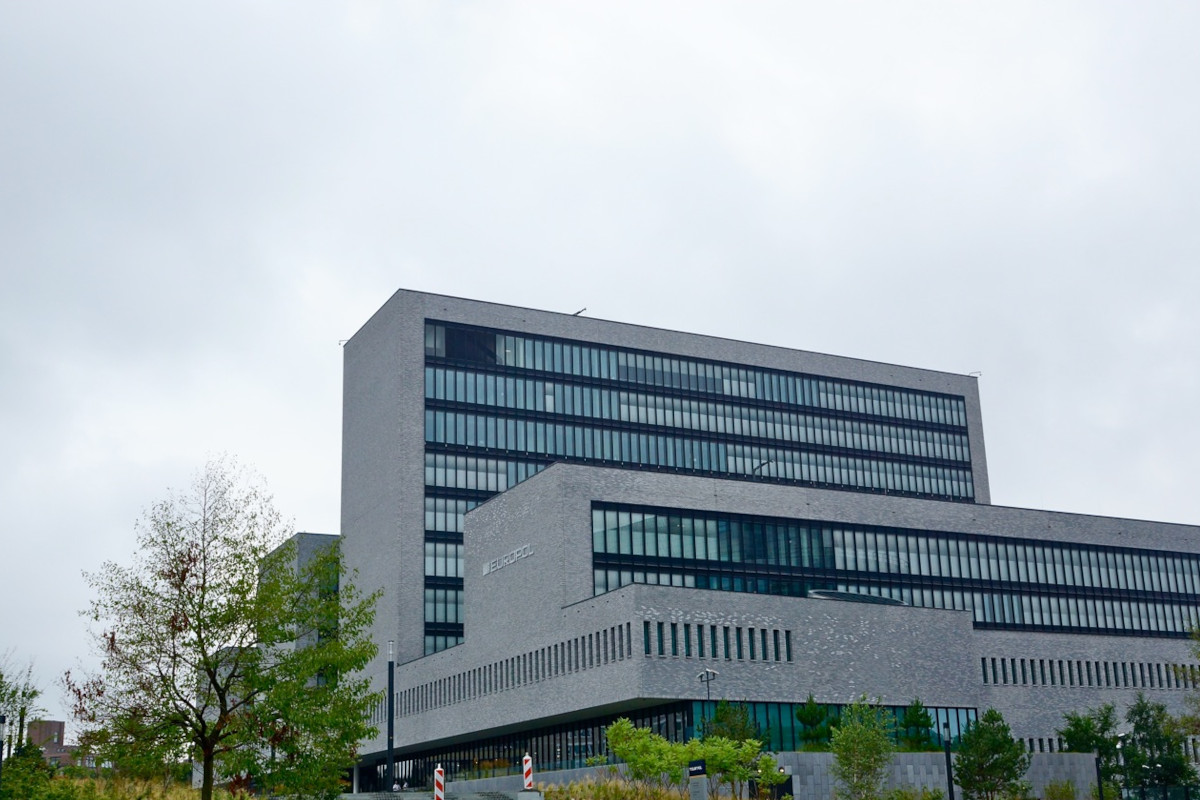
Putting the cart before the horse: the Commission’s proposal to increase Europol's powers
Hounded by criticism from civil society and EU member states over its new proposal to increase the powers of Europol, the European Commission has belatedly published an “analytical document” in lieu of a formal impact assessment. The new proposal would lead to the storage of vast quantities of information by Europol on human smuggling and trafficking cases, intended to increase investigations and prosecutions. However, the Commission’s document offers a minimal analysis of the potential impact on individual rights, particularly of people in vulnerable situations, and the data protection safeguards at Europol are inadequate for the proposed changes.
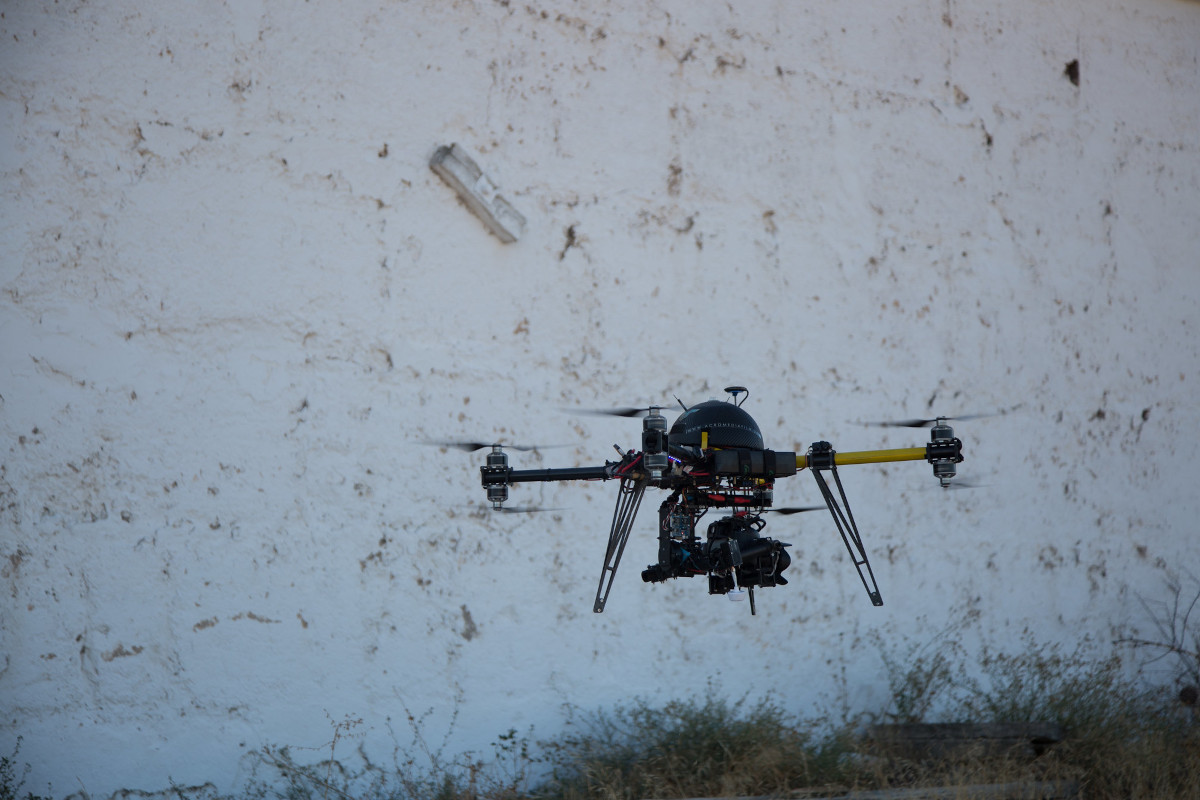
European money for the war in Gaza: how EU research funding supports the Israeli arms industry
Technologies developed with financial support from Europe are being used in the current war in Gaza, as they have been previously in occupation of Palestinian territory and marginalisation of the Palestinian people.
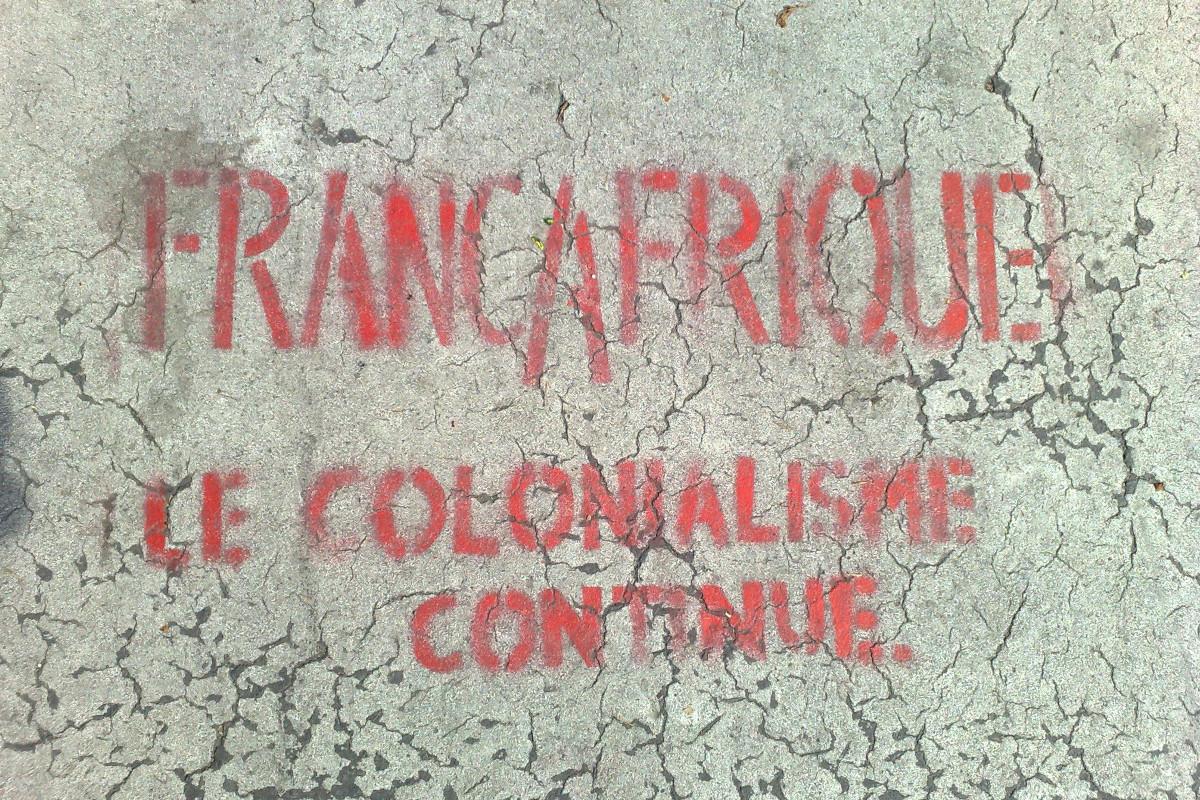
The case of Civipol: commodified mobility policing in West Africa and its colonial continuities
Current European attempts to outsource migration control to West Africa mirror historical entanglements between colonial logics, corporate interests and policing. This article looks at the place of public-private relations in French colonialism in order to historically situate the activities of Civipol, a French public-private actor owned both by the French state and major security companies, that has specialized in building African states’ internal security capacity.
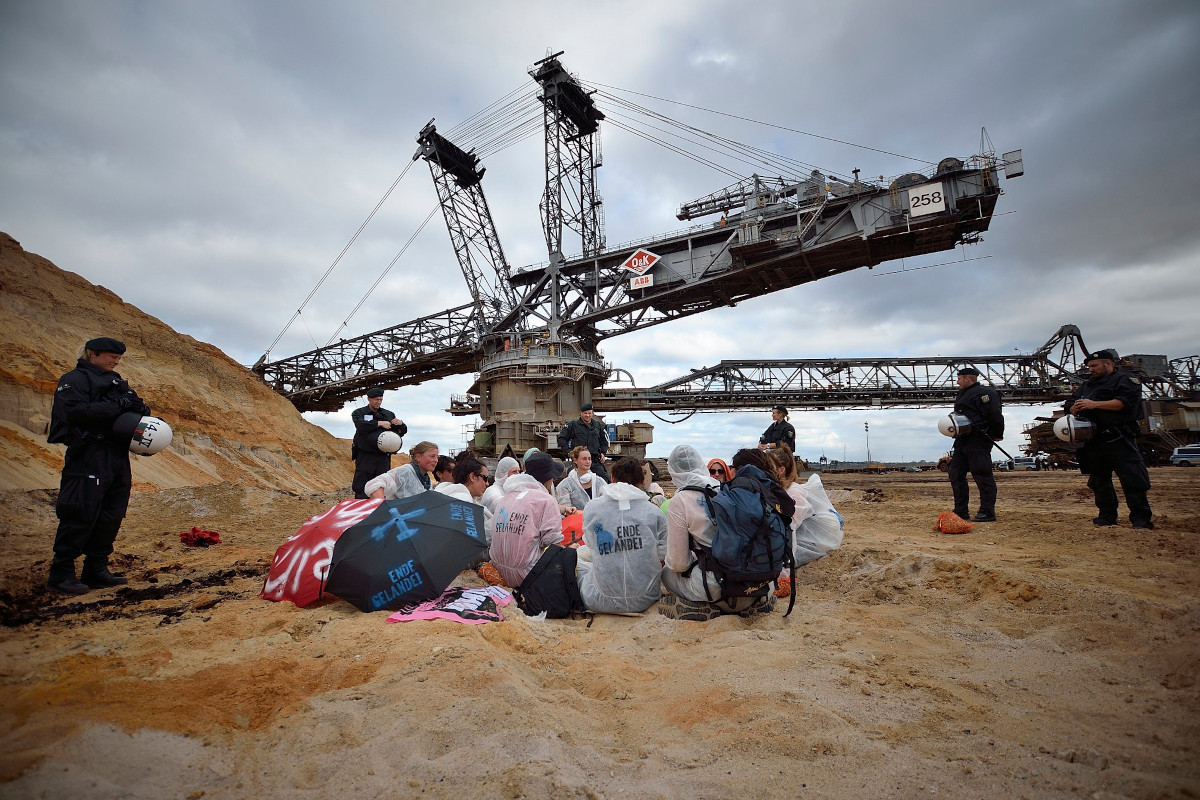
Environmental activism under the EU counter-terror microscope
Next week, EU and member state officials will discuss “the role of climate change and environmental concerns in violent extremist and terrorist radicalisation.” A discussion paper for the meeting, obtained by Statewatch, considers the threat posed by “violent left-wing and anarchist extremism” – a heading under which a number of prominent environmental protest groups are mentioned. The inclusion of peaceful but disruptive groups in the paper may legitimate further police surveillance and infiltration, legal harassment and government crackdowns – a problem identified as “a major threat to human rights and democracy” by a UN Special Rapporteur.

Border security with drones and databases
The EU’s borders are increasingly militarised, with hundreds of millions of euros paid to state agencies and military, security and IT companies for surveillance, patrols and apprehension and detention. This process has massive human cost, and politicians are planning to intensify it.

Frontex and deportations, 2006-22
Data covering 17 years of Frontex’s deportation operations shows the expanding role of the agency. We have produced a series of visualisations to show the number of people deported in Frontex-coordinated operations, the member states involved, the destination states, and the costs.

Germany: Fatal police shootings in 2022
For the year 2022, the official firearm usage statistics of the Conference of the Ministers of the Interior recorded a total of 54 shots fired at people. 11 individuals were killed as a result. This is three more than the previous year. Legally, these shots were classified as self-defense/emergency aid. 41 people were injured due to police firearm use.

Digital rights and the protection of the right to asylum in the Charter of the European Union
The right to asylum, as delineated in Article 18 of the Charter of Fundamental Rights of the European Union (EU) (‘the Charter’), does not grant the right to asylum to every individual seeking it. Instead, it articulates that everyone is entitled to have their application for international protection examined in line with international and EU law. This principle is reinforced by Article 19 of the Charter, which strictly prohibits collective expulsions and forbids the removal, expulsion or extradition of any person ‘to a State where there is a serious risk that he or she would be subjected to the death penalty, torture or other inhuman or degrading treatment or punishment’.

The new proposal on the security of EU information: a wider but incomplete legal framework for classified information
Part 3 of a series /// The proposal on security of EU information, as introduced, would create a legal framework for classified information with a number of gaps and loopholes that would prevent the European Parliament and the Court of Justice from exercising their roles as set out in the EU treaties. Changes are required to fix these problems.

The proposal on security of EU information: how to burst the bubble and open the EU fortress
Part 2 of a series /// The Commission's proposal on security of EU information threatens to fatally undermine the rules on access to documents, which are essential for transparency, openness and public participation in democratic-decision making. The European Parliament and the Council need to take action to fix the proposal on security of information. At the same time, there are clear steps they could take to improve the access to documents rules, ensuring that legislative deliberations are as open and transparent as required by the treaties.

The proposal on security of EU information: transforming the “bubble” into a “fortress”?
Part 1 of a series /// EU institutions are currently discussing a proposal for a new law "on information security in the institutions, bodies, offices and agencies of the Union." While the objective itself may be legitimate, the proposal as it stands seeks to extend to other EU institutions and agencies the secrecy and opacity that has for so long characterised the work of the Council. It undermines existing legislation on public access to official documents and would fatally undermine the treaty obligation for the institutions, bodies, offices and agencies of the EU "to conduct their work as openly as possible." At the same time, the proposal fails to ensure the interinstitutional and interagecy cooperation necessary to ensure an effective administration.

Telling the story of EU border militarization: messages, principles and language
Addressing and preventing European border violence is a huge but necessary strategic challenge. This guide offers framing messages, guiding principles, and suggested language for people and organisations working on this challenge. It emerges from a process of discussion online and in-person between over a dozen organisations working in the European migrant justice space.
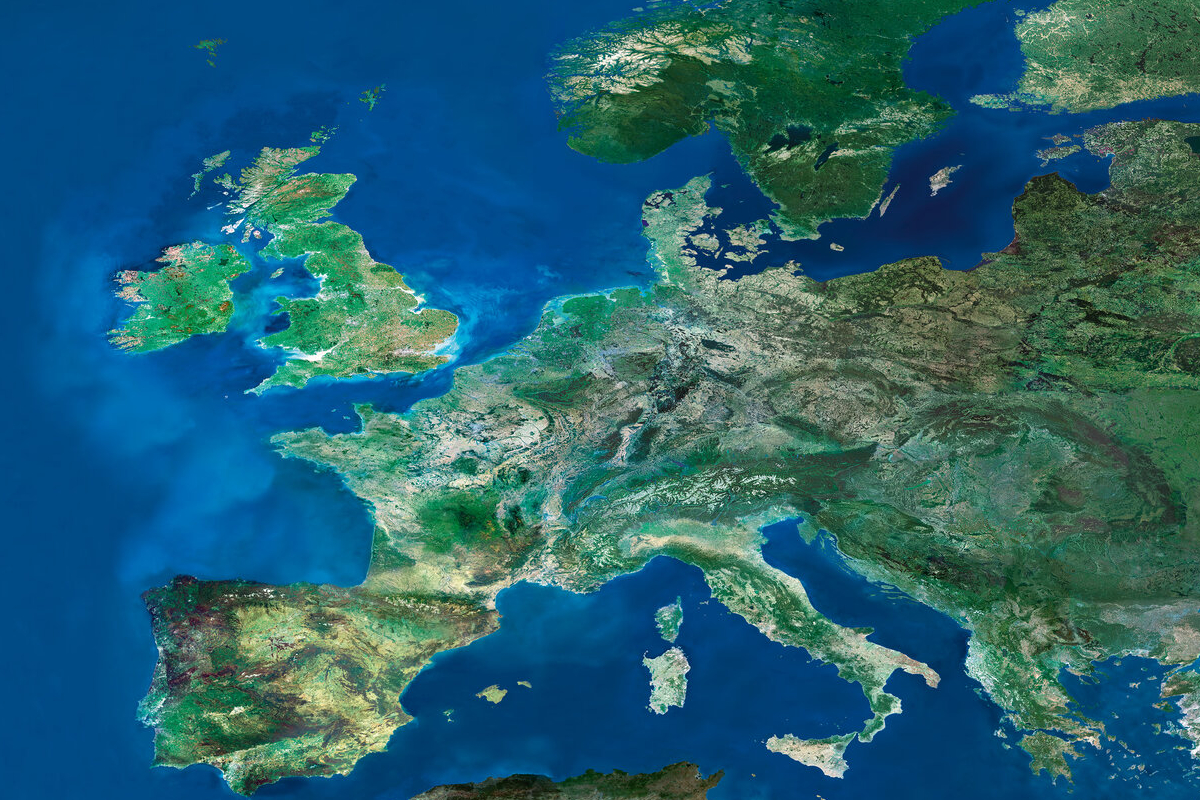
International police data-sharing: what are the UK and EU cooking up?
For the last few years, British and European officials have been seeking ways to regain the ability to instantly share police data across borders – an ability that was lost after the UK left the EU at the end of 2020. The plan currently under development is to build a new data-sharing architecture encompassing the UK, the EU and other “international partners,” but substantive details of it are being kept under lock and key. The implications go beyond privacy and data protection, and raise questions about the potential uses of a new system to crack down on the right to protest, as well as the right to seek asylum.

Externalisation of migration control: from the 1990s to the present
A talk given by Statewatch researcher Yasha Maccanico at the TransBorder Camp in Nantes, July 2022.

The green police: anti-mafia powers for environmental crime investigations?
The European Commission's proposal for a new environmental crime Directive will significantly strengthen law enforcement powers. As well as introducing a range of new criminal offences at EU level, the proposed Directive encourages the use of intrusive policing tactics against suspected environmental crime offenders. Member states, however, aim to water down the Commission’s proposal to reduce the obligations on national authorities, and are concerned about what they see as an attempt to ‘overharmonise’ national criminal laws.
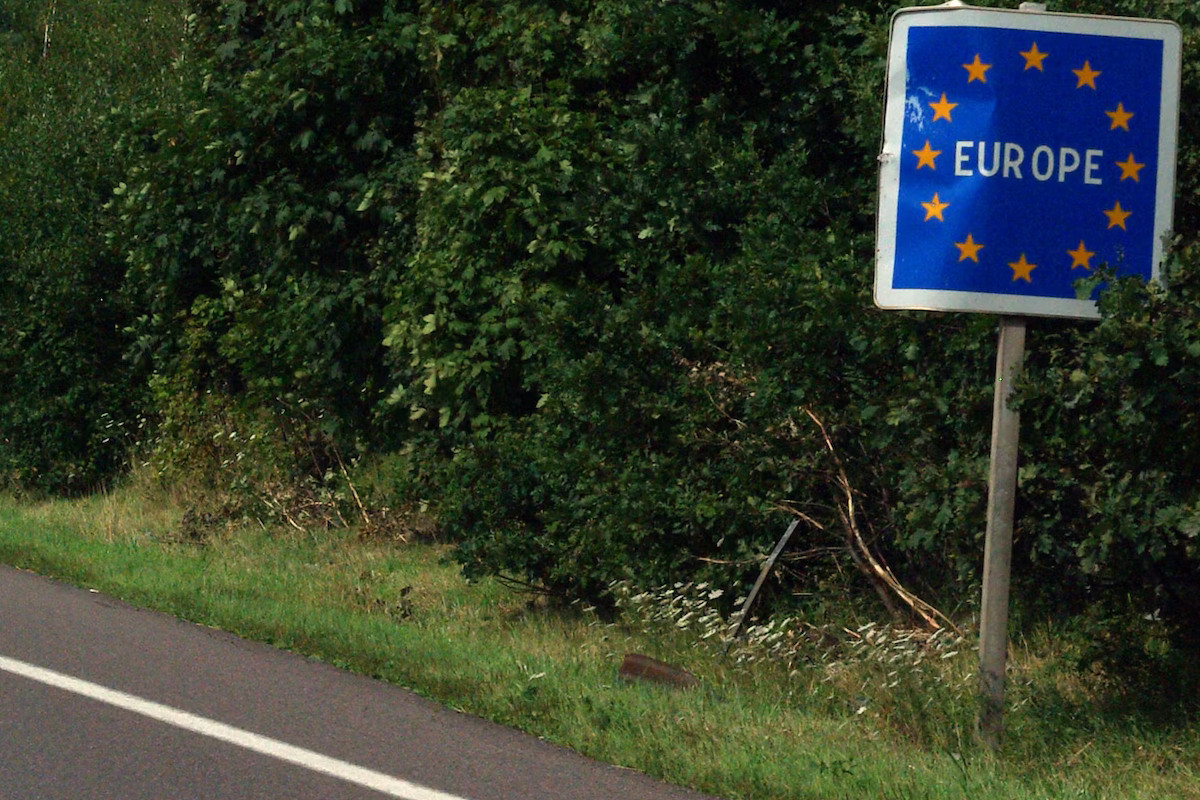
Viewpoint: How to make fences and influence people: a simple guide
Are you an EU member state looking to divert attention from the human rights abuses you are committing at your border? By following this simple guide, you can ensure that not only will the European Commission, the “Guardian of the Treaties”, turn a blind eye to those abuses, but that you will receive a healthy cash injection at the same time!
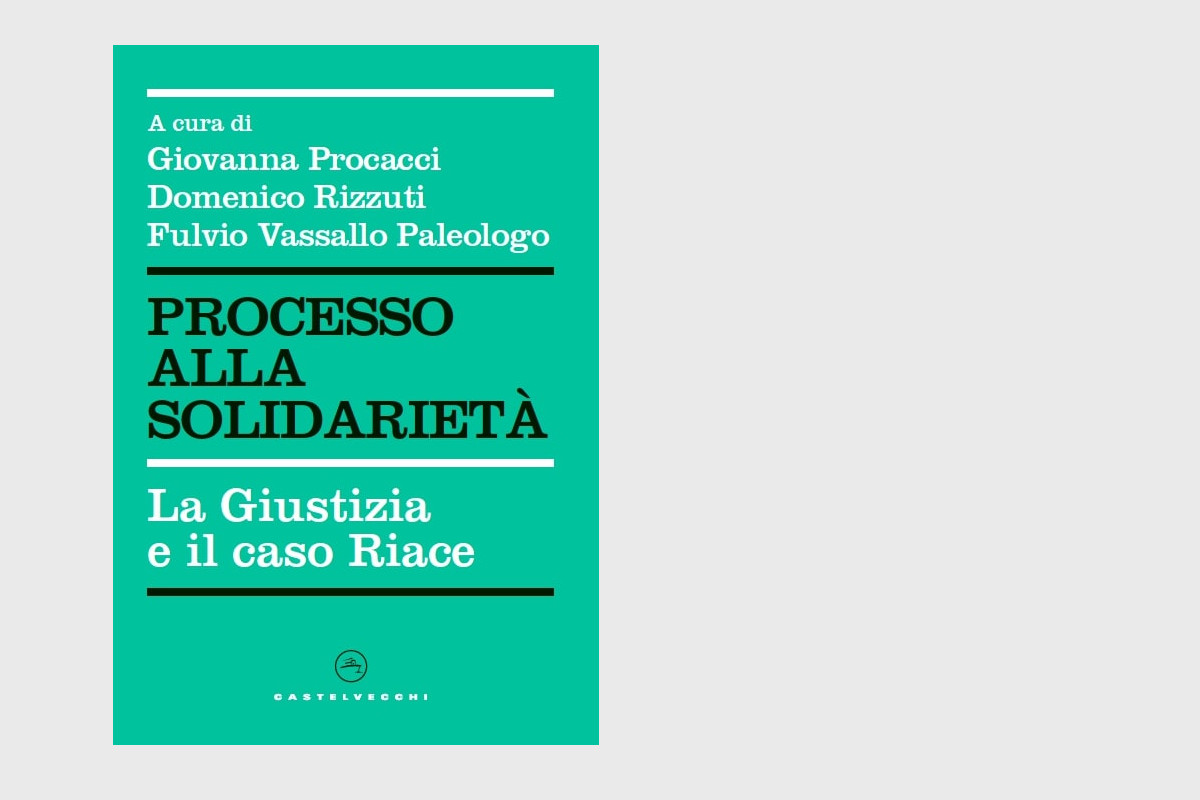
Prosecuting solidarity: extracts from a new book on the Riace case
A book about the political use of judicial proceedings to curtail a virtuous example of solidarity at work in reception practices in a small southern town in Calabria, Riace, led by its former mayor, Mimmo (Domenico) Lucano. Hearings of the appeal trial in Reggio Calabria are underway, after the first trial in Locri (whose sentence is commented on in these two extracts) found several defendants guilty, imposing lengthy prison terms (over 13 years for Lucano, over 80 years in total for 18 defendants) and financial penalties. The contributions to this book focus on the trial, the sentence, the appeal and the reality of the experience of Riace, including trial monitoring reports by Giovanna Procacci.

Submission to European Commission consultation on "security-related information sharing"
The Commission’s initiative for a ‘Security-related information sharing system between frontline officers in the EU and key partner countries’ is a further development along the path of problematic border externalisation, and a trend of increasing use of large-scale processing of the personal data of non-EU citizens for combined criminal law and immigration control purposes, that civil society has been speaking out against for years.
“Call them crazy”: Criminalisation of activists undermines rule of law in the EU
The Dutch police continue to disregard the rule of law to criminalise the pacifist activist Frank van der Linde. In recent years, his personal data has been sent to Europol, he has been labelled a terrorist, and police have suggested he be referred to a psychiatric facility. Far from an isolated case, van der Linde’s story shows just how far police in Europe will go to criminalise the right to protest and stifle political dissent.
Spotted an error? If you've spotted a problem with this page, just click once to let us know.